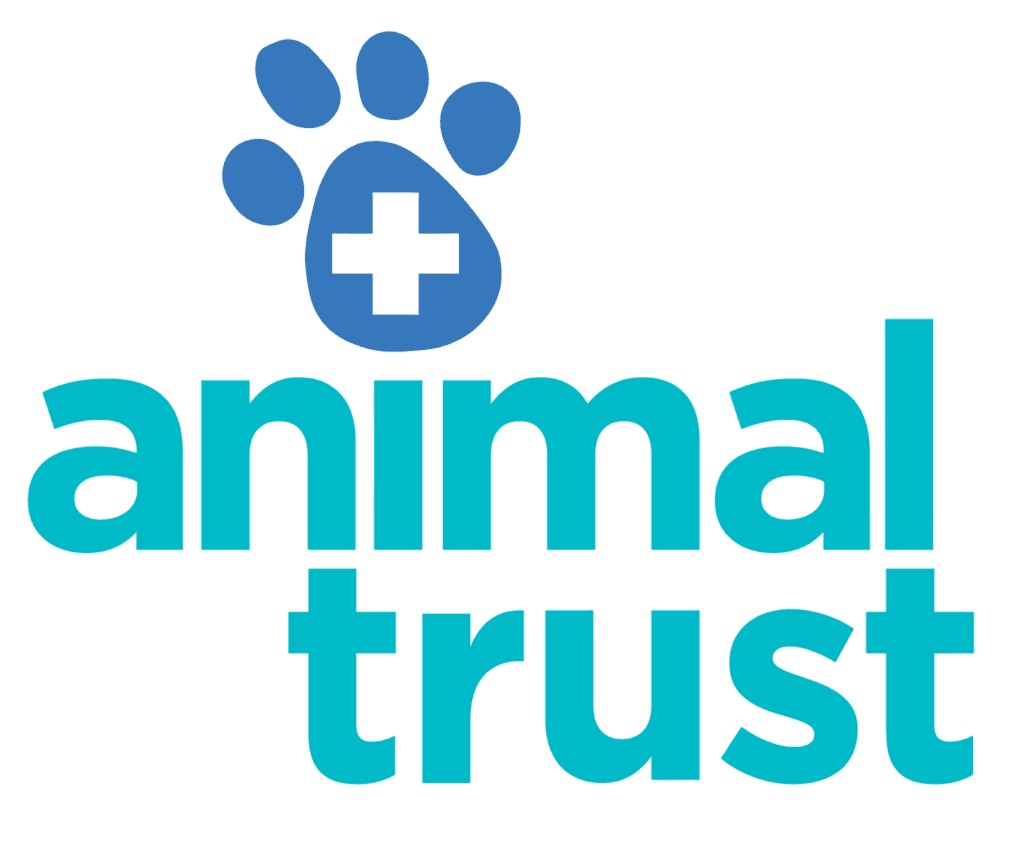
What is Cushing's Disease in Dogs
Cushing's Disease, also known as hyperadrenocorticism, is a hormonal disorder in dogs caused by excessive production of the hormone cortisol produced by the adreno-glands located near the kidneys, which leads to insulin resistance and increased blood glucose (sugar), which can lead to Diabetes.
There are three types of Cushing's Disease in dogs, and each with different cause:
- Pituitary gland tumour located at the base of the brain, either benign (harmless) or malignant (cancerous), the tumour causes the pituitary gland to overproduce a hormone (ACTH) that stimulates the adrenal glands to produce cortisol.
- Adrenal gland tumour of the adreno-glands, again benign or malignant
- Iatrogenic Cushing's due to excessive cortisol from prolonged use of steroid medication
Written by Dr. Mariella Roberts, Veterinary Surgeon, Animal Trust Vets CIC | Published October 2025 | Review date October 2028 | This advice is for UK pets only and is not a replacement for seeing a vet

Symptoms of Cushing's Disease in dogs
Increase thirst
Increased passing urine
Excessive hunger
Potty belly appearance
Hair loss (especially on side of body)
Thin skin
Lethargy
Panting
Chronic skin issue or dark coloured skin
When to contact your vet
If you notice any of the symptoms above, make an appointment to see your vet
Diagnosis of Cushing's Disease in Dogs
History and physical exam by your vet
Routine blood work and urine test
ACTH test assesses the adrenal gland's response to the hormone ACTH. Blood samples are taken before and after ACTH injection. In Cushing's, cortisol levels will be abnormally high in both sample.
Low-dose Dexamethasone Suppression test (LDDST) measures cortisol levels before and after administering a small dose of dexamethasone, a synthetic corticosteroid. In healthy dogs, cortisol production is suppressed, while in Cushing's, it often remains elevated.
Possible other specific tests to help to rule out other conditions and pinpoint the cause of excessive cortisol production which is typical sign for Cushing disease and the best treatment and outlook for your pet.
Treatment for Cushing’s Disease in Dogs
Cushing's Disease is typically treated with medication to manage cortisol levels or, in some cases, with surgery:
Medications such as Trilostane (Vetoryl) are the most common treatment and work by inhibiting the production of cortisol in the adrenal glands
If Cushing's is caused by steroid use, gradual discontinuation of the steroid may be possible under vet supervision
Surgery of the adrenal tumours is often considered, especially if the tumour is localised and not malignant; for pituitary tumours is more complex and riskier due to the location of the pituitary gland
Prevention of Cushing's Disease
It is unfortunately not preventable as it is primarily caused by tumors, however it might help
Regular vet check especially for older dogs
Regular management with medications
Monitoring
Healthy life-style adjustment
Use caution with steroids medications by ensuring your dog i always at its lower dose if this medication is strictly necessary, to avoid iatrogenic Cushing
Outlook
The outlook for dogs with Cushing's disease is generally good with proper management, but treatment is often lifelong and requires regular monitoring.
